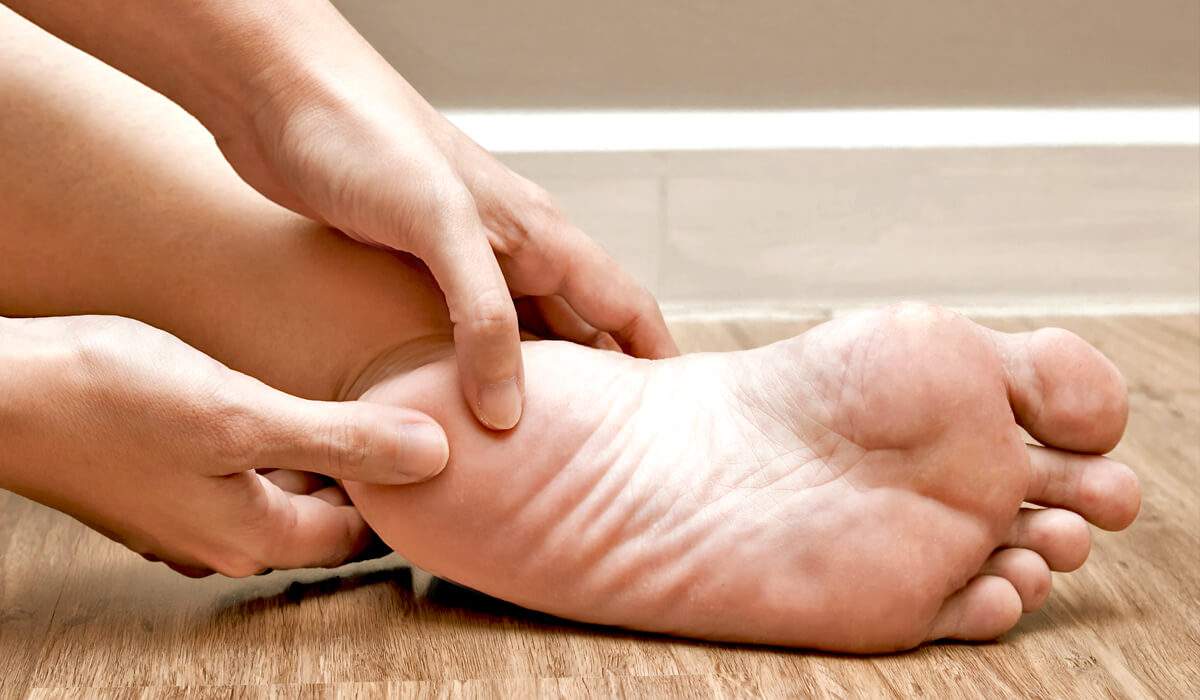Expect sores, blisters and cuts to heal themselves. With a little bit of cleaning and care and attention, your body will begin to repair itself. If a wound does not heal in 4 to 6 weeks, or if it becomes more swollen, redder, leaking fluid, or emitting a sour smell, it’s a sign that there’s something deeper going on. A minor sore may turn into a leg or foot wound that doesn’t heal. If left untreated it could lead to serious problems and may even lead to an Amputation.
If you’ve been putting off getting help for a sore to heal that won’t heal, it might be time to put down the wait and seek out help.

Why do some wounds not heal
There are a few common reasons why wounds don’t heal, and understanding them can help you (and your doctor) determine the best solution for treating it.
If you’re the first to notice that you have diabetes, you’re at an increased risk of foot and leg ulcers that aren’t healing well. A high blood sugar level can harm nerves, so you won’t feel any injuries. Also, it restricts blood flow and makes it difficult for small cuts to heal.
Poor circulation is another major cause, which can be associated with arterial and venous ulcers. Your blood can’t heal your skin if the veins and arterial arteries aren’t working correctly.
If you’re unable to move about, you could be prone to developing pressure ulcers.
Aside from age, other aspects, like certain drugs (such as blood thinners) as well as autoimmunity-related conditions or poor nutrition, can slow the healing process. It’s possible that a combination can create a persistent wound.
How Long Should Healing Take And what if it Doesn’t?
You may wonder what the “normal” healing time is. However, it depends on the type of injury and your general health. Small blisters or cuts can heal in a few weeks. If you have a foot wound that’s not healing, or a leg wound that won’t heal it could take up to 12 weeks.
It’s crucial to not delay if there is no improvement in 4 to 6 week. This is the time to seek the help of a professional. The longer a wound remains open and is left untreated, the more dangerous it could turn into.
You deserve to find the right help
Your body isn’t telling you that it needs your assistance since it isn’t willing to heal. What’s the good news? There are treatments and specialists that make a big difference. At our clinic, we specialize in treating non-healing foot ulcers and leg wounds, non healing foot ulcer working alongside your other healthcare providers to create a personalized plan that gives your body the best chance to heal and helps prevent amputations.
If it’s advanced wound dressings, the ability to restore blood flow or even treatments like hyperbaric Oxygen, there are solutions out there. We’ll be there for you at every step, because we are convinced that no person should ever need to face with a wound that doesn’t heal.
Final Thoughts
The effects of a laceration that doesn’t heal aren’t only physical. They affect your entire life. But there’s some hope. If you’re sick of dealing with a leg wound that isn’t healing, a sore that’s not healing or a painful foot ulcer, don’t be afraid to ask for help. You can enjoy the life you desire with no constant pain or anxiety about a stubborn wound if you act quickly.